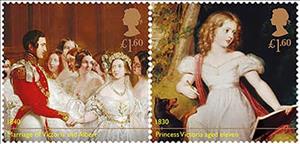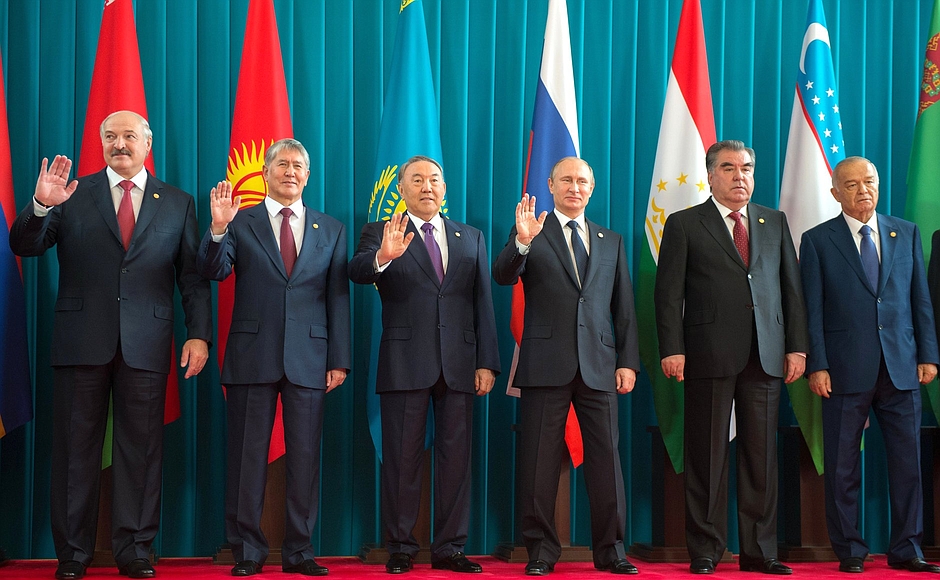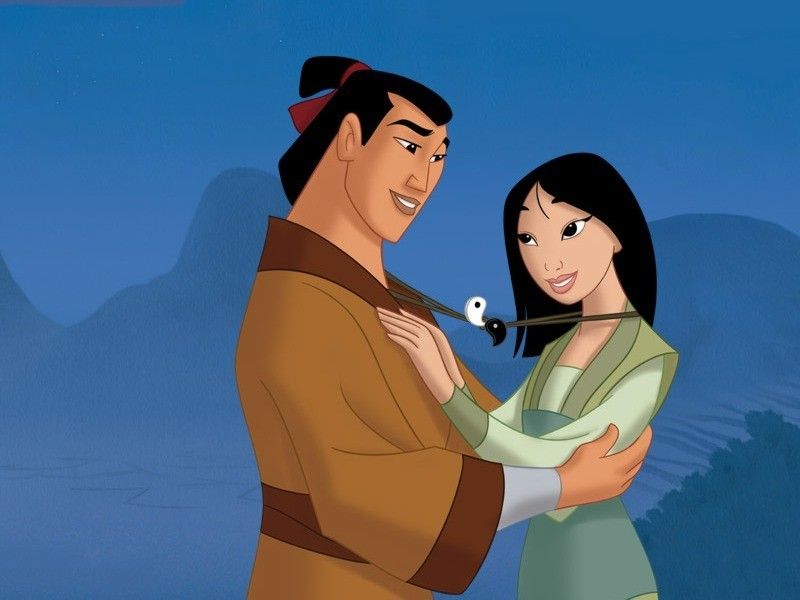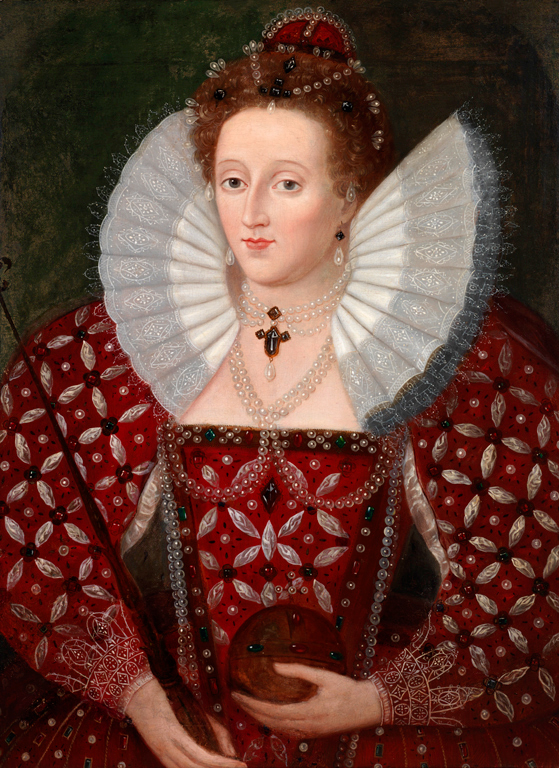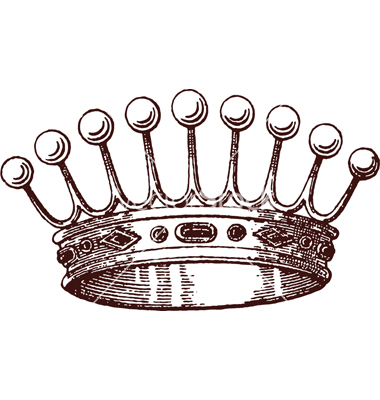Se-tenant: Bicentenary of Birth of Queen Victoria (United Kingdom of Great Britain & Northern Ireland 2019)
Bicentenary of Birth of Queen Victoria (United Kingdom of Great Britain & Northern Ireland 2019)
24 May (United Kingdom of Great Britain & Northern Ireland ) within release Bicentenary of Birth of Queen Victoria (2019) goes into circulation Se-tenant Bicentenary of Birth of Queen Victoria face value 2*1.60 British pound sterling
| Se-tenant Bicentenary of Birth of Queen Victoria in catalogues | |
|---|---|
| Colnect codes: | Col: GB 2019-07C |
Se-tenant is horizontal format.
Also in the issue Bicentenary of Birth of Queen Victoria (2019):
- Booklet Pane - Journal Entry For The Great Exposition face value 3.72;
- Stamp - Model Lodge, Kennington face value 1st;
- Stamp - Royal Albert Hall, London face value 1.55;
- Booklet Pane - Map Of British Empire in 1897 face value 2.69;
- Stamp - New Crystal Palace, Sydenham face value 1.55;
- Se-tenant - Bicentenary of Birth of Queen Victoria face value 2*1.60;
- Booklet - Bicentenary of Birth of Queen Victoria Prestige Booklet face value 15.40;
- Stamp - Marriage of Victoria and Prince Albert face value 1.60;
- Se-tenant - Bicentenary of Birth of Queen Victoria face value 2*1st;
- Souvenir Sheet - The Legacy of Prince Albert face value 4.44;
- Booklet Pane - Death Of Prince Albert face value 4.44;
- Booklet Pane - Long Live The Queen face value 4.55;
- Stamp - Queen Victoria in Robes of State face value 1.35;
- Se-tenant - Bicentenary of Birth of Queen Victoria face value 2*1.35;
- Stamp - Balmoral Castle face value 1st;
- Stamp - Victoria at Age Eleven face value 1.60;
- Stamp - Queen Victoria and Benjamin Disraeli face value 1st;
- Stamp - Queen Victoria with John Brown face value 1.35;
- Stamp - Queen Victoria in Later Years face value 1st;
Se-tenant Bicentenary of Birth of Queen Victoria it reflects the thematic directions:
Famous People refers to the fame and public attention accorded by the mass media to individuals or groups or, occasionally, animals, but is usually applied to the persons or groups of people (celebrity couples, families, etc.) themselves who receive such a status of fame and attention. Celebrity status is often associated with wealth (commonly referred to as fame and fortune), while fame often provides opportunities to make money.
A head of state (or chief of state) is the public persona that officially represents the national unity and legitimacy of a sovereign state. In some countries, the head of state is a ceremonial figurehead with limited or no executive power, while in others, the head of state is also the head of government. In countries with parliamentary governments, the head of state is typically a ceremonial figurehead that does not actually guide day-to-day government activities and may not be empowered to exercise any kind of secular political authority (e.g., Queen Elizabeth II as Head of the Commonwealth). In countries where the head of state is also the head of government, the president serves as both a public figurehead and the actual highest ranking political leader who oversees the executive branch (e.g., the President of the United States).
A prince is a male ruler (ranked below a king, grand prince, and grand duke) or a male member of a monarch's or former monarch's family. Prince is also a title of nobility (often highest), often hereditary, in some European states. The female equivalent is a princess. The English word derives, via the French word prince, from the Latin noun prīnceps, from primus (first) and caput (head), meaning "the first, foremost, the chief, most distinguished, noble ruler, prince"
Queen - the title of reigning female monarch or the wife of the king in a number of countries
A Royalty is the immediate family of a king or queen regnant, and sometimes his or her extended family. The term imperial family appropriately describes the family of an emperor or empress, and the term papal family describes the family of a pope, while the terms baronial family, comital family, ducal family, grand ducal family, or princely family are more appropriate to describe the relatives of a reigning baron, count, duke, grand duke, or prince. However, in common parlance members of any family which reigns by hereditary right are often referred to as royalty or "royals." It is also customary in some circles to refer to the extended relations of a deposed monarch and his or her descendants as a royal family. A dynasty is sometimes referred to as "the House of ...". As of July 2013, there are 26 active sovereign monarchies in the world who rule or reign over 43 countries in all
